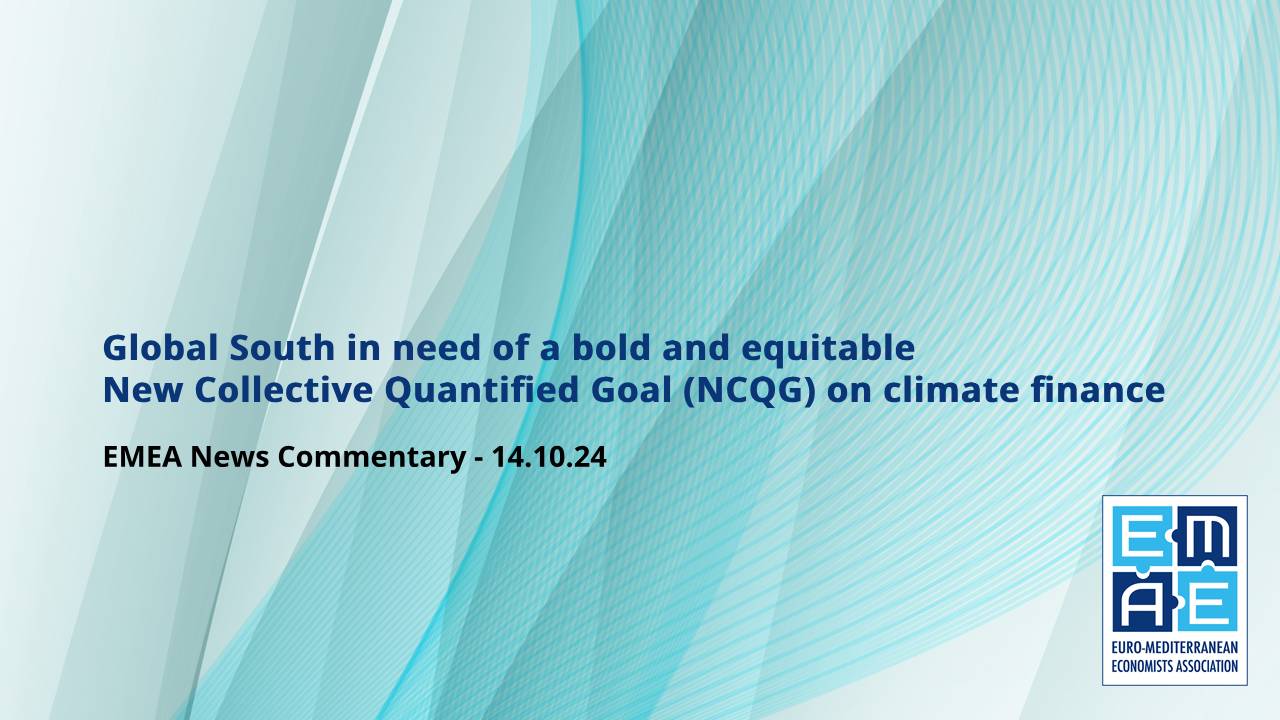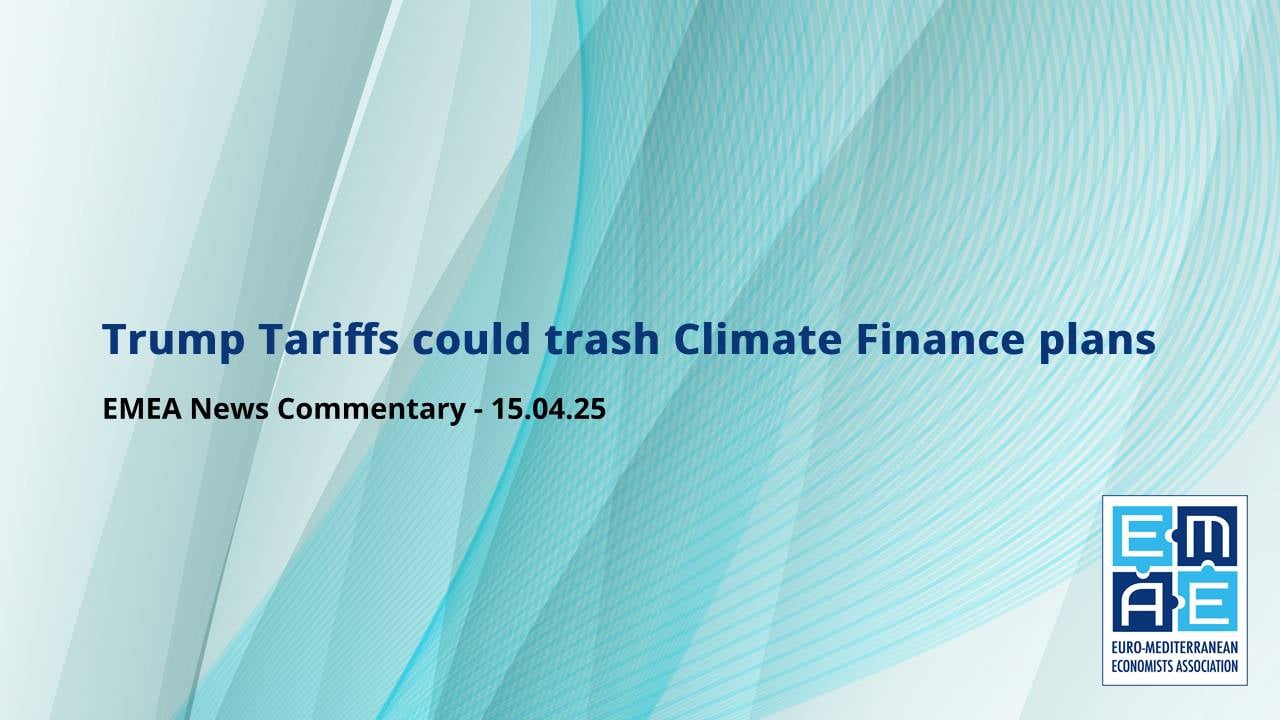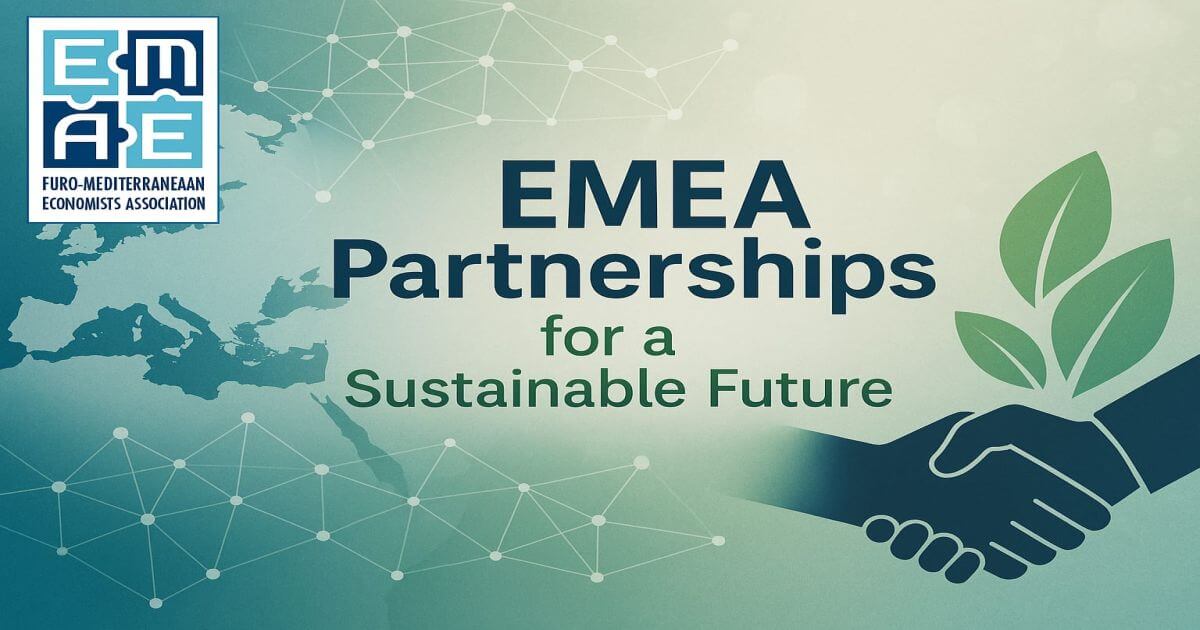In the run-up to COP29, the Climate Action Network (CAN) has urged world leaders to take bold, ambitious and equitable action on climate finance goals.
The campaigning organisation – a global collective of over 1,300 environmental non-governmental organisations that seeks to limit human-induced climate change to ecologically sustainable levels – said that climate justice can only be possible if polluting, developed countries meet their financial commitments to climate-ravaged poorer nations.
Their comments were made ahead of the recent Ministerial Dialogue on the New Collective Quantified Goal (NCQG), held in New York.
CAN described the NCQG as a key mechanism in driving through on the promises of the Paris Agreement and, at the same time, ensuring a just and equitable transition to a low-carbon future.
The organisation called for constructive engagement during the pre-COP 29 Ministerial Dialogue and a commitment “to ambitious, meaningful action on climate finance.”
The new goal should focus on delivering resources for Global South countries, said CAN, not only to help them mitigate and adapt to the impact of climate change on their communities but also to address loss and damage (L&D).
Developing countries bearing brunt of climate impacts
Mohamed Adow, Executive Director of Powershift Africa, said climate finance was the key to unlocking a universally safe and prosperous planet for everyone. It would assist those on the receiving end of climate breakdown in adapting to what he described as inevitable change. It would also fund future clean energy transition.
But he warned that finance shouldn’t be from loans derived from “rich polluting nations in the Global North.” This would only serve to pile more debt onto the Global South. “That would be like giving a drowning man a life jacket stuffed with coins – it’s going to make them sink even faster.”
Can International’s Executive Director, Tasneem Essop, said that the NCQG was a moral imperative rather than just a goal. He warned that the world faced a climate crisis for which developing countries bore the brunt of the impacts. The time had arrived for developed countries to face up to their responsibilities, which meant delivering on their promises and obligations to provide the necessary climate finance.
“We all know the resources exist, but the political will still remains shamefully absent,” said Essop. “It’s time to make polluters and the wealthy pay for the harm they have caused.”
With COP29 fast approaching, developed nations should “let go of their colonial past, and stop dragging their feet in crucial negotiations,” he added.
Meanwhile, in response to COP29 President Mukhtar Babayev’s guiding questions for the pre-Summit dialogue, CAN International provided three key recommendations:
1. Vision and Scope of the NCQG
CAN said they envisioned the NCQG “as a transformative tool for delivering substantial climate finance from developed countries to developing countries.” To ensure the effective delivery of the so far unmet $100 billion climate finance goal, it was incumbent on the new framework “to prioritise clear guidelines on burden sharing, additionality of climate finance, and grant equivalence.”
The NCQG would need to define what did and didn’t count as climate finance, as well as to establish transparency and accountability, CAN advised. It was also important that the new goal didn’t replicate previous mistakes, which CAN said had included delivering climate finance primarily in the form of non-concessional loans and favouring mitigation, whilst side-stepping adaptation costs.
2. Ambition and Quantum of Climate Finance
CAN said that public finance must head the NCQG agenda – the most important component being for it to be measured in grant-equivalent terms. They also stressed the importance of transparent, grant-based financing to restore trust and to not be over-dependent on loans during the global debt crisis.
They also called for an annual $1 trillion minimum public finance provision for developing countries, to be paid by developed countries. Funding would be used to cover mitigation, adaptation and L&D “as part of a fair down payment on their growing climate debt.”
CAN said that L&D should be a key part of the new climate finance regime, in acknowledgement of the urgent and pressing need that developing countries are facing as a result of extreme climate impacts.
3. Operationalising Contributions and Priorities
CAN also advocated for the NCQG to incorporate ‘the polluter pays’ principle, to ensure that “those most responsible for climate change” bore the financial costs. The list would include “wealthy individuals, high-emission industries such as fossil fuels, and the military.”
On the tax front, the organisation proposed that developed countries took a progressive lead by imposing wealth taxes and levies on polluters, whilst steering public subsidies away from “harmful activities.”
In keeping with their obligations under The United Nations Framework Convention on Climate Change (UNFCCC) and The Paris Agreement, developed nations must commit to supporting emerging countries financially, CAN insisted. In addition to the wealthiest nations carrying the primary legal obligation, voluntary contributions should also come from those with the capacity to do so.
They predicted that post-COP29 processes would “further refine expectations for contributions” centred around “the principle of equity and common but differentiated responsibilities.”





